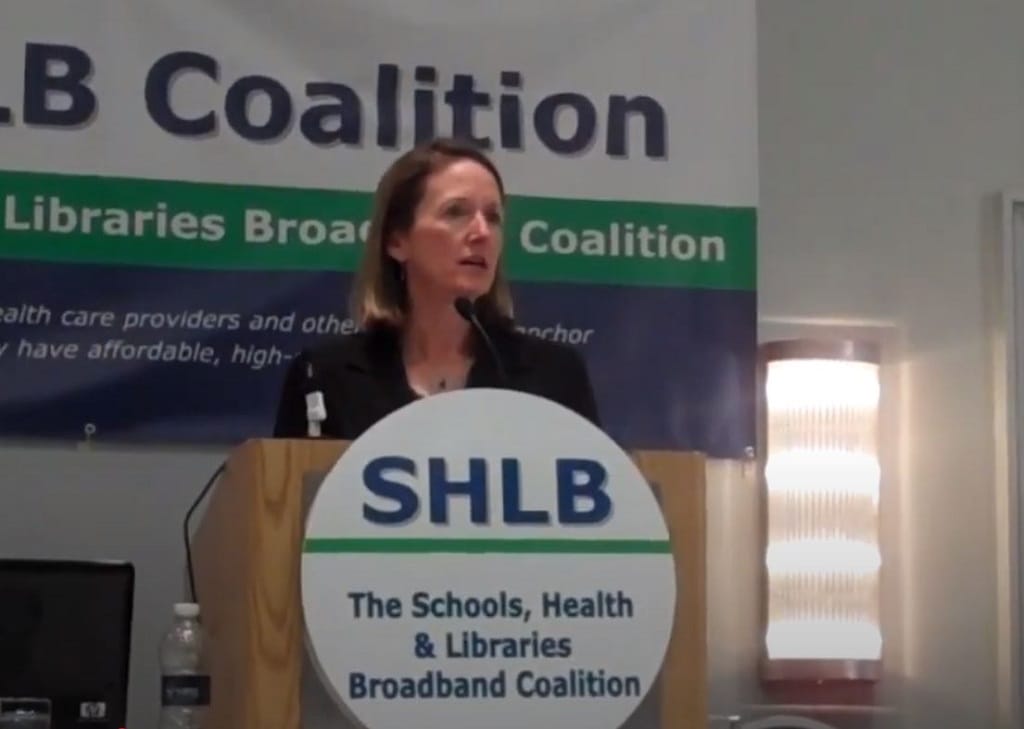Universal Service Fund in Need of Reform, Said Panelist at Broadband Community Summit Event
The Universal Service Fund’s base is shrinking.

HOUSTON, May 3, 2022 – As funding for the Universal Service Fund continues to fall year over year, the Federal Communications Commission is evaluating options to reform it.
During Broadband Communities Summit 2022, Principal Consultant for Mattey Consulting LLC, Carol Mattey anticipated what kind of changes to the Universal Service Fund that stakeholders could expect in the coming years.
The Universal Service Fund is responsible for funding several high-profile financial benefits including the Rural Digital Opportunity Fund, the Connect America Fund, E-Rate, the Lifeline Program, and the Rural Healthcare Program.
The USF is funded through compulsory service provider contributions. Though those contributions have historically been based on providers’ interstate and international telecommunications service revenues, critics of the program argue that providers are increasingly able to dodge these contributions by reclassifying their sources of revenue.
A common misconception for dwindling contributions is cord cutting, Mattey said. As more people drop landlines, there is simply less voice revenue – but that is only part of the issue.
Mattey said that while information revenues have increased through consumer use of the internet, voice revenues have fallen. This disparity has caused the telecommunication contribution to skyrocket and could be nearly 30 percent in 2022.
Mattey explained that most companies simply bill their consumers to offset that amount, and as a result, the contribution has been disproportionately burdened by the elderly who are more likely to use landlines.
When addressing potential reforms, Mattey pointed to three most likely possibilities being considered: broadband internet access revenue, a flat fee per voice and broadband connection, and a flat fee per phone number.
“Any reform needs to be simple and must be able to be audited,” she said. “The current system is not equitable.”








